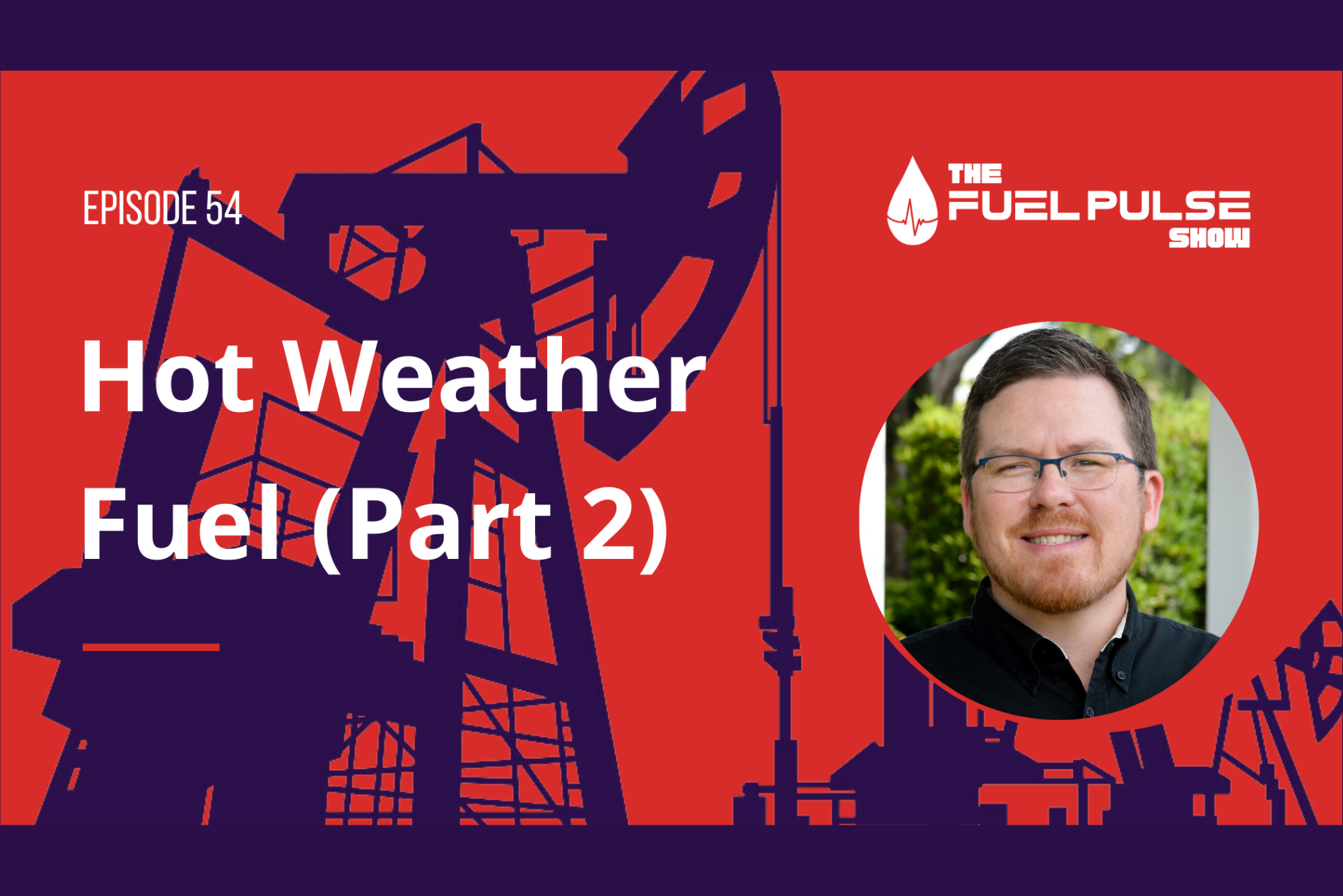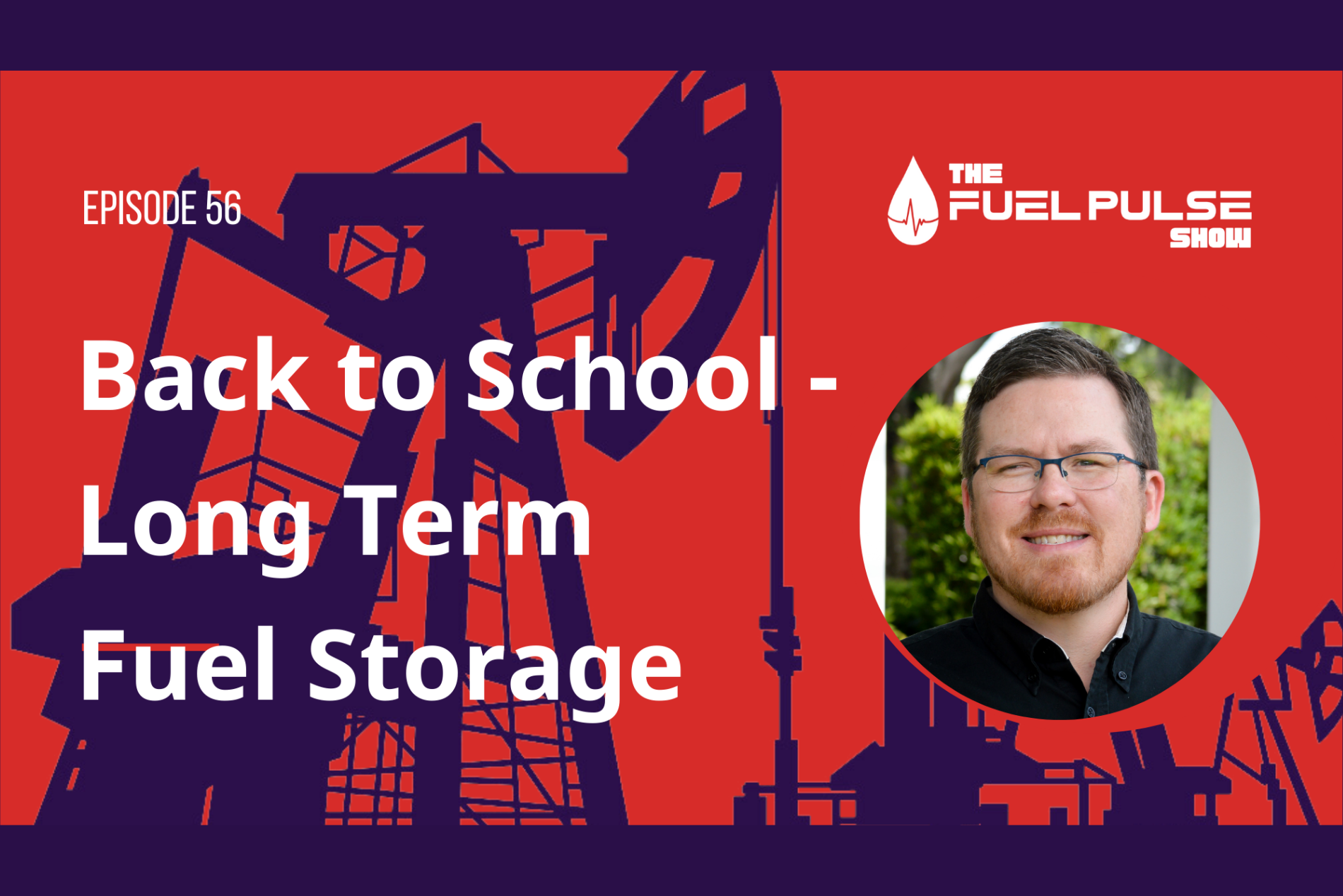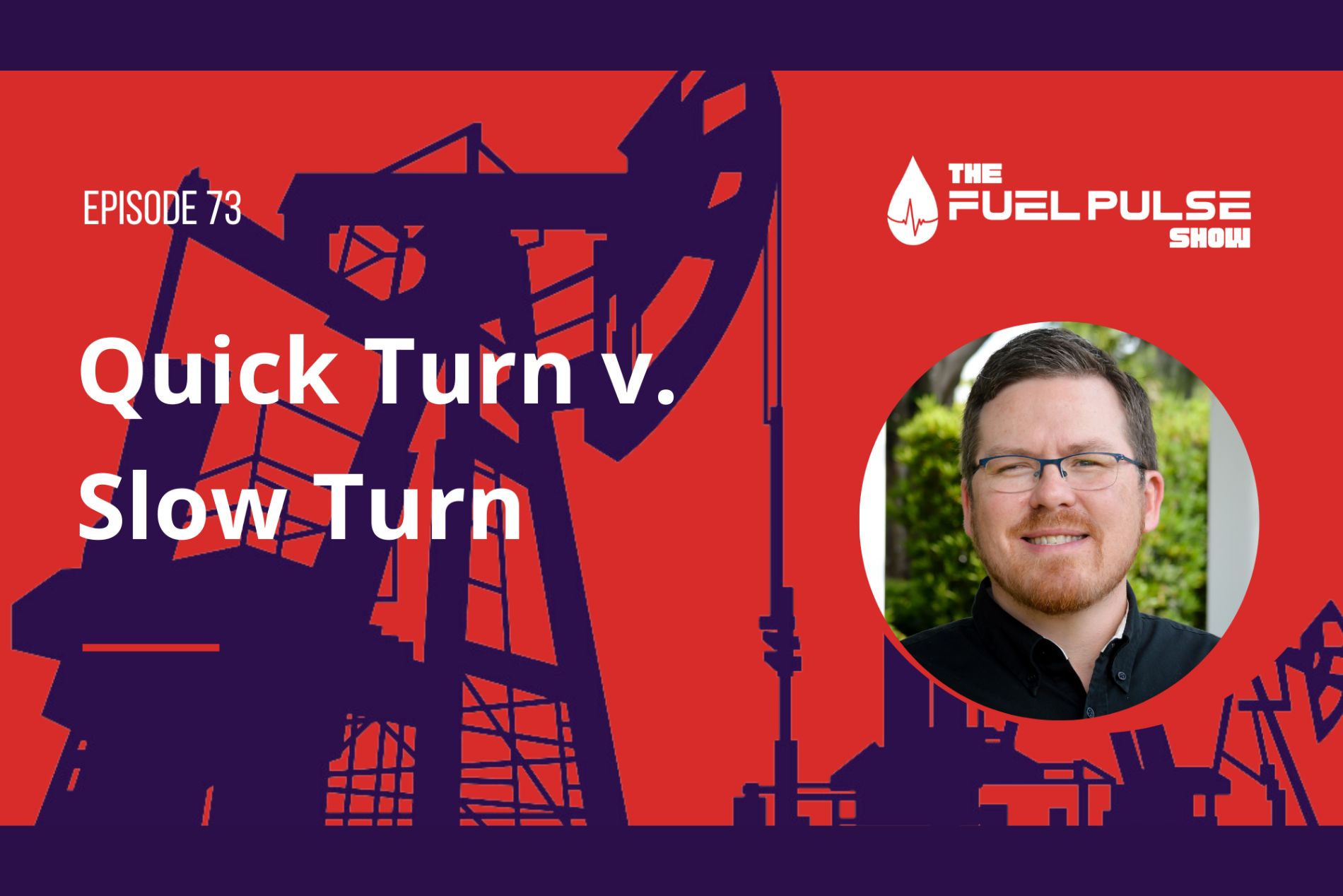Episode 056 - Back To School - Long Term Fuel Storage
In this episode of the Fuel Pulse Show, host Erik Bjornstad delves into the basics of long-term diesel fuel storage. He explains that diesel fuel...

This episode discusses the effects of prolonged hot weather on stored fuel and offers preventative measures. Heat accelerates fuel degradation, increases water buildup, and promotes microbial growth.
The host recommends three key steps to combat these issues: 1) Regularly check for water in storage tanks and remove it promptly. 2) Treat fuel with a stabilizer early in summer to slow degradation. 3) Conduct microbial testing, preferably using ATP By Filtration methodology, at the beginning and end of summer. If elevated microbial levels are detected, treat with biocide. These proactive steps can help maintain fuel quality and prevent costly problems in hot weather conditions.
Here are three notable quotes from the podcast episode:
Introduction [00:00:00]
Recap and Context [00:01:00]
- Follow-up to the previous episode on hot weather and fuel
- Focus on practical implications and protective measures
Effects of Heat on Stored Fuel [00:02:00]
- Increased evaporation rate
- Changes in fuel composition
- Acceleration of chemical reactions in fuel
Water-Related Issues [00:10:00]
- Increased water dissolution in fuel at higher temperatures
- Cycle of water absorption and release due to temperature changes
- Specific concerns for ethanol-blended gasoline
Microbial Contamination [00:14:00]
- Link between heat, water, and microbial growth
- Explanation of how microbes thrive in fuel systems
Best Practice Recommendations [00:16:00]
1. Regular water checks [00:17:00]
- Using tank stick and water paste
- Importance of immediate water removal
2. Early fuel stabilization [00:20:00]
- Adding stabilizer at the beginning of summer
- Options for late treatment
3. Microbial testing [00:22:00]
- Importance of quantifiable results
- ATP by filtration methodology
- Alternative testing options
Timing of Microbial Testing [00:29:00]
- Recommendation to test at the beginning and end of summer
Summary and Conclusion [00:30:00]
- Recap of main points
- Importance of proactive planning and commitment to fuel management
Closing Remarks [00:32:00]
- Call to subscribe and rate the podcast

In this episode of the Fuel Pulse Show, host Erik Bjornstad delves into the basics of long-term diesel fuel storage. He explains that diesel fuel...

In this episode of the Fuel Pulse Show's Back to School series, host Erik Bjornstad discusses the increasing problem of microbial contamination in...

In Episode 73 of the Fuel Pulse Show podcast, host Erik Bjornstad tackles a common misconception in fuel storage management: that quick turn fuel...